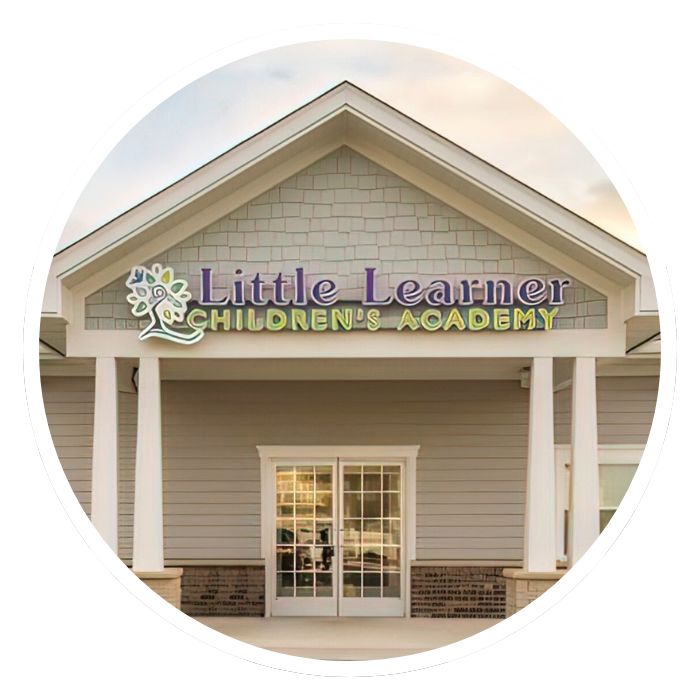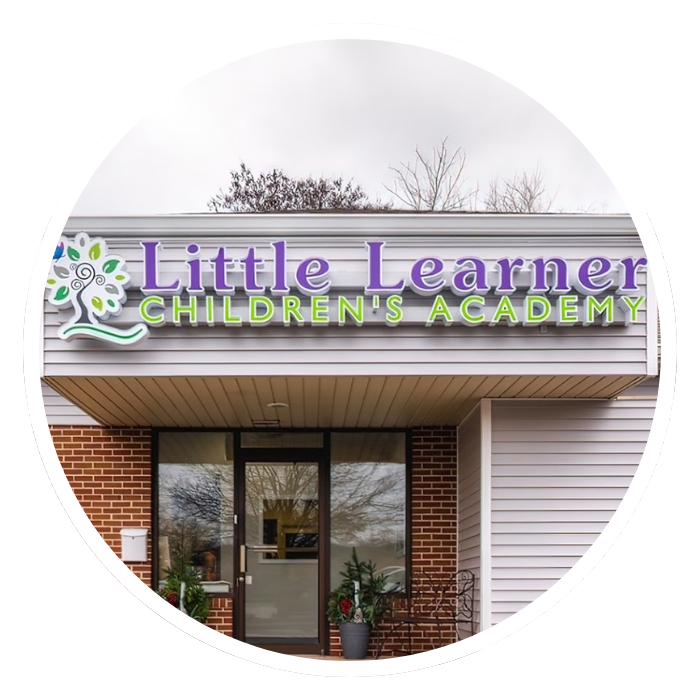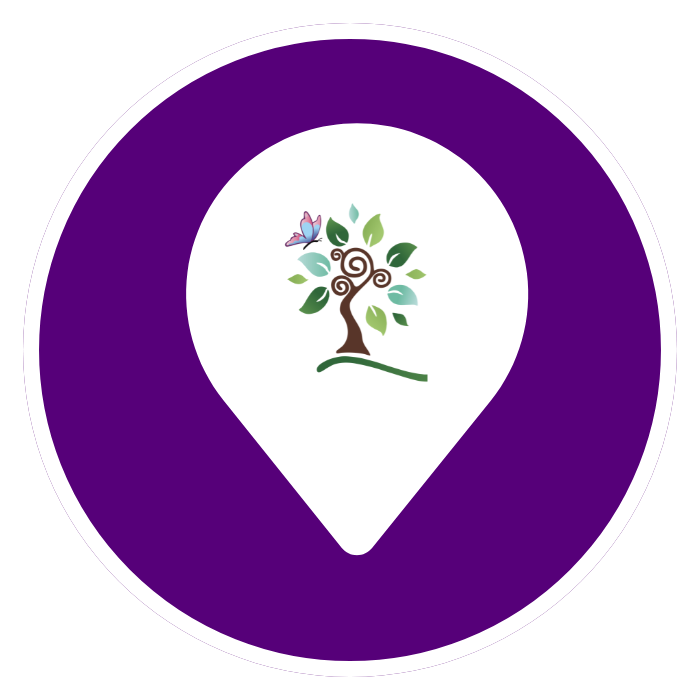Telephone Number Here

Telephone Number Here
Fostering growth through a passion for learning, unwavering loyalty, nurturing care, and adventurous exploration.
Why Choose Little Learner Children's Academy For Child Care?
At Little Learner Children's Academy, everything we do is centered around fostering a love for learning and creating a vibrant, engaging environment where children thrive.
It’s our mission to cultivate the next generation of curious, confident, and culturally aware learners
through enriched early childhood education programs.
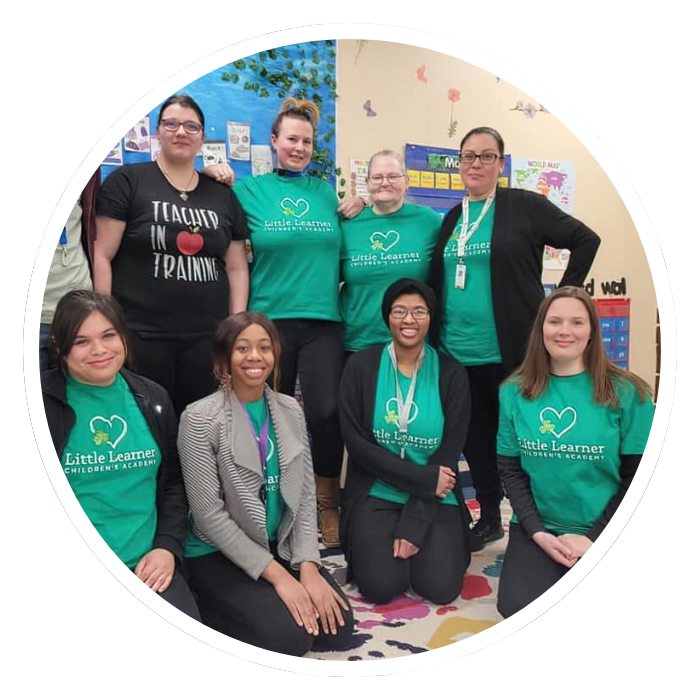
Careers
Apply today and find out more about our amazing career opportunities and join our team!
Welcome to
Little Learner Children's Academy
At Little Learner Children's Academy, we believe that every child is a unique learner, filled with endless potential and curiosity. Since our establishment, we’ve been dedicated to providing high-quality early childhood education that fosters intellectual, emotional, and social growth.
Our mission:
Our mission at Little Learner Children’s Academy is to provide exemplary childcare by offering a program tailored to ensure high-quality daily experiences for each child.
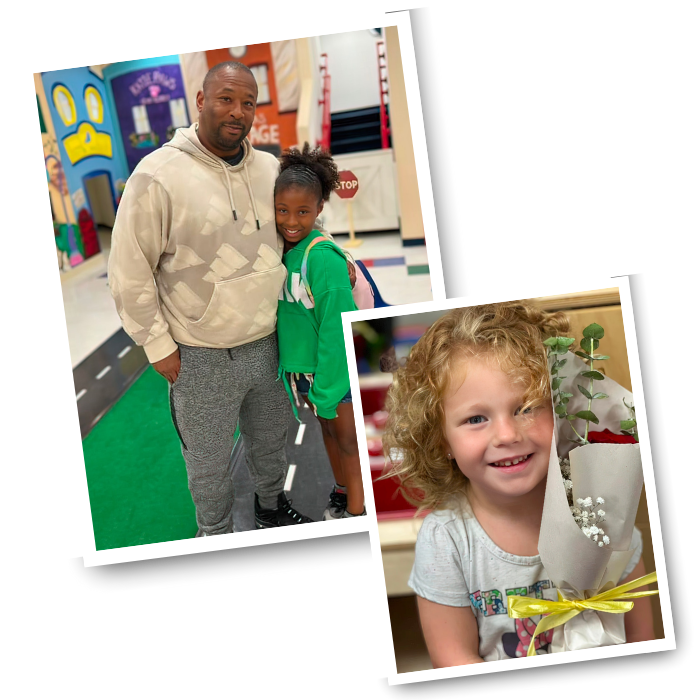

A Summer of Fun, Learning & Adventure in Illinois!
For children from 15 months to 12 years (Adventure Kids: 6 to 12 Years, excluding our Naperville location). Join us for a summer filled with exciting activities, new friendships and valuable learning experiences!
Dates: June 2nd - August 8th
Times: 6:30am - 5:30pm*
*Our Naperville Summer Camp is open from 7:00 am - 5:30 pm


Privacy Policy | Copyright © 2024 Little Learner Children's Academy
